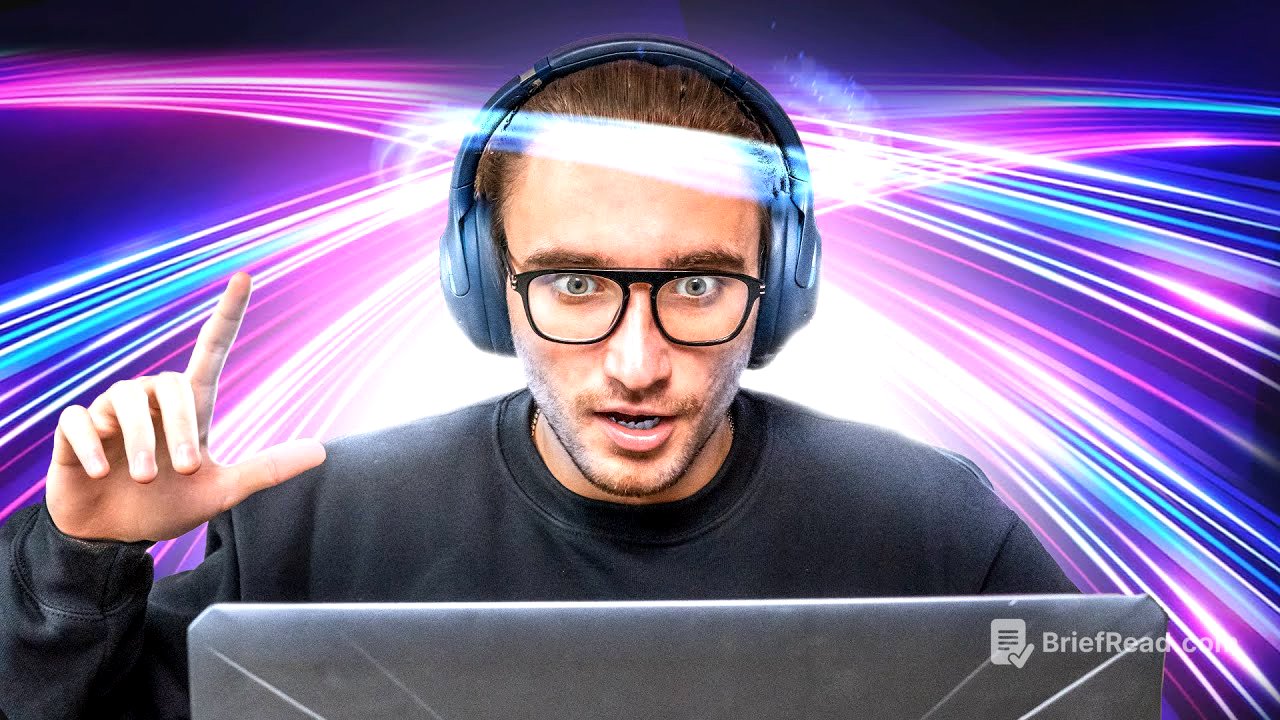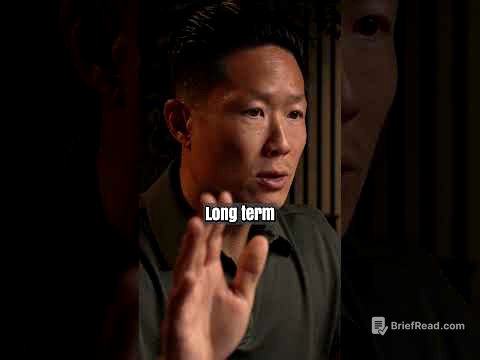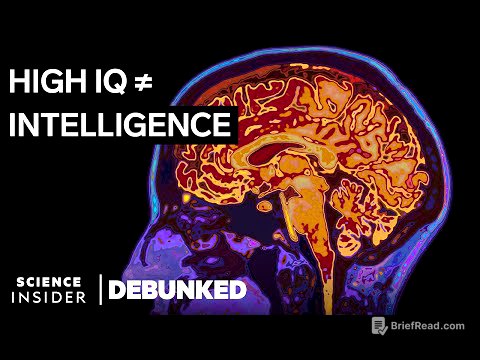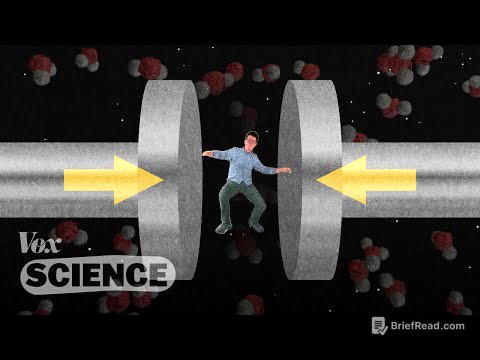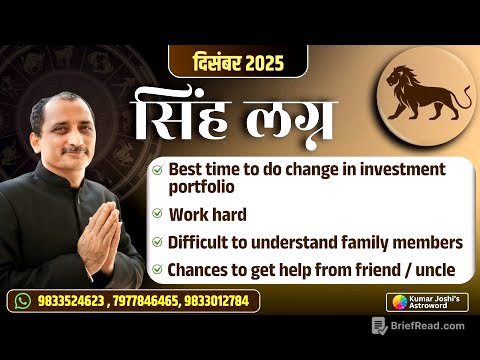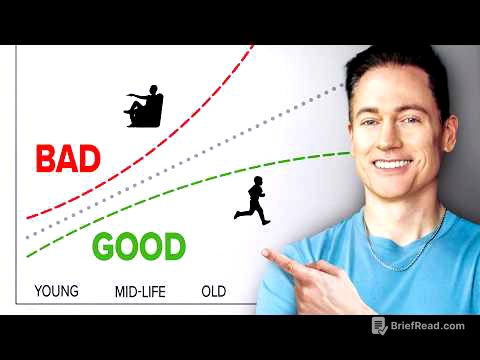TLDR;
This video introduces the EFC workflow, a method designed to help video editors achieve and maintain a flow state for optimal productivity and creativity. The EFC workflow consists of three steps: Eliminating distractions, Focusing on creative tasks, and creating Contrast by taking breaks to recharge. By implementing this workflow, video editors can improve their concentration, produce higher-quality work, attract more clients, and avoid burnout.
- Eliminating distractions is crucial for warming up the brain and achieving a flow state.
- Focusing on creative tasks, rather than organisational tasks, maximises creative output.
- Creating contrast through breaks allows for mental recharge and fresh ideas.
Introduction to Flow State for Video Editors [0:00]
The video introduces the concept of the Flow State and how it applies specifically to video editing. It addresses the common advice on achieving a Flow State and introduces the EFC workflow, designed to help video editors concentrate, enter a Flow State, and produce their best work. The goal is to provide viewers with a practical method to enhance their editing process, leading to more clients and increased earnings.
Eliminating Distractions [1:23]
The first step of the EFC workflow involves eliminating distractions to allow the brain to warm up and focus. It's essential to resist the brain's urge to seek distractions and instead commit to a 20-minute period of uninterrupted work. Drawing on insights from Dr. Huberman, the video emphasises the importance of warming up the brain before expecting peak performance. Practical steps to eliminate distractions include closing unnecessary browser tabs and social media, using headphones to block out sound, and isolating the lights to create a focused environment.
Focusing on Creative Tasks [5:06]
The second step, focusing, centres on channelling the Flow State towards creative tasks directly related to video editing. It advises against getting bogged down in organisational tasks like file management during editing. The video encourages editors to embrace a more chaotic workspace during the creative process, similar to a painter who focuses on their art without worrying about the mess. Additionally, it recommends preparing a template project with pre-set sequences and settings to streamline the editing process and maintain creative momentum.
Creating Contrast Through Breaks [8:03]
The final step involves creating contrast by taking breaks to recharge after periods of intense focus. Recognising that mental energy is finite, the video advises against pushing through feelings of irritation or self-doubt. Instead, it recommends taking a break of one to three hours to disconnect from the project, engage in different activities, and allow the brain to recover. This contrast between focused work and relaxation can lead to new ideas and a renewed sense of creativity, enabling editors to return to their projects with fresh perspectives.
